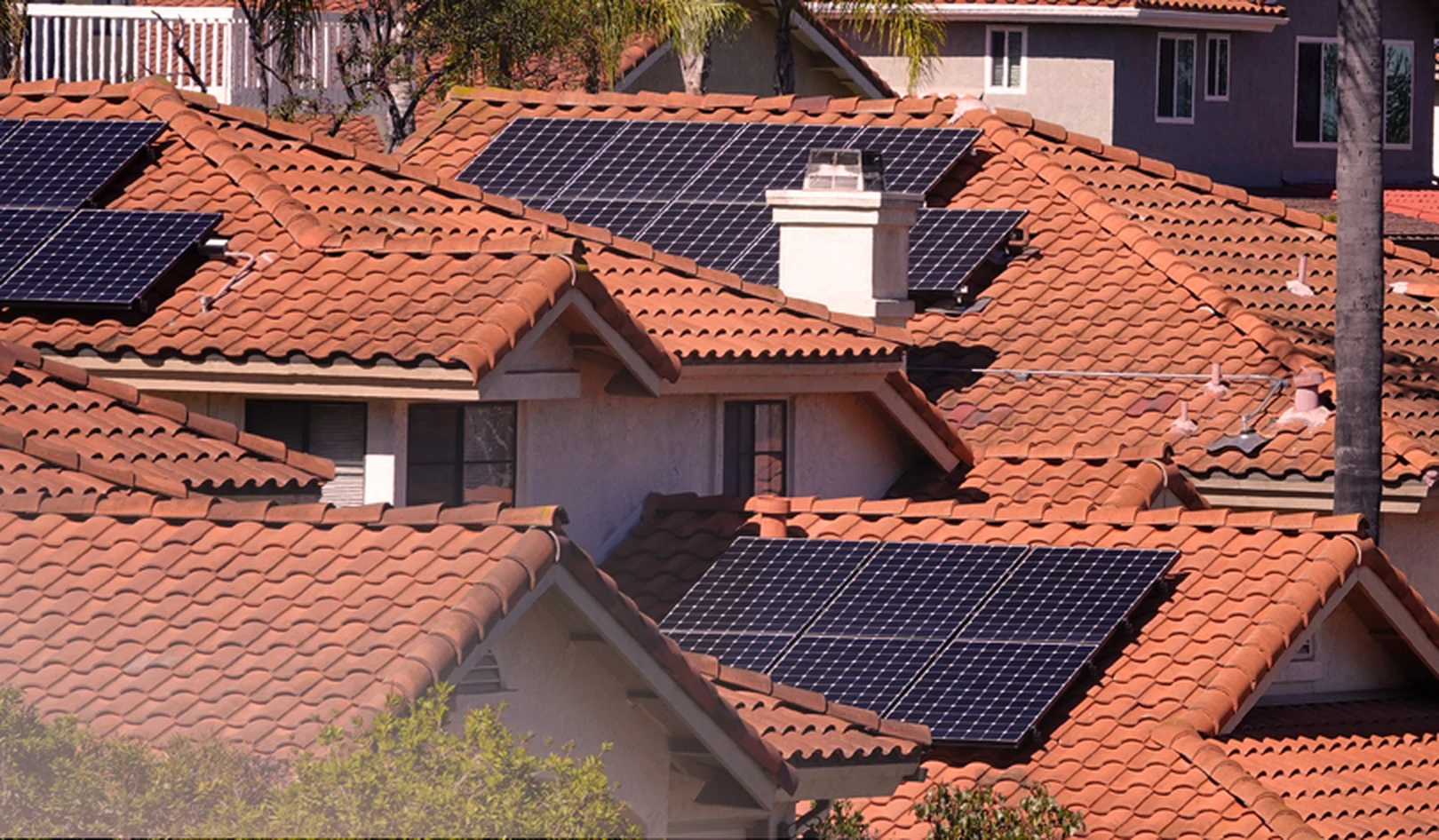Today, we’re correcting one of the biggest misconceptions about California ADU planning. We’re often asked if recent updates to the state’s energy code ban gas appliances in new ADUs.
For the record: No, gas appliances and gas connections are not banned in new ADUs.
However, the updates to the California energy code mean that new homes, including ADUs, are required to built to be able to function entirely without gas. In other words, new ADUs are allowed to have gas hookups and gas appliances. But they need to be planned so that gas appliances can be replaced with electric ones without any changes or upgrades to the building’s electrical system.
It’s easiest to think of the rules as requiring that homes be “electric ready” – any appliance usage across the unit that could be either gas or electric is required to have an equivalent electric connection available, as well as enough overall amperage to power the home. Gas isn’t banned in new California ADUs, but it’s treated by the building code as a discouraged, optional, add-on.
Does this mean adding gas raises the cost of my new ADU?
Potentially, yes. Digging a gas line and installing gas hookups will modestly increase the cost of your new ADU, relative to building an equivalent unit without a gas connection. There are a variety of costs associated with including gas, including working with your utility to connect your home’s gas line to your ADU, the cost of trenching a gas line, and modest structural elements which need to be accounted for in the design of your ADU to accommodate gas. However, this also depends on the relative costs of gas versus electric appliances, which can vary.
What is Title 24 and how does it affect including gas in my new ADU?
A Title 24 energy calculation is an energy audit completed for every new construction building in California. It assesses the building’s compliance with relevant energy standards set forth in Title 24, Part 6 of the California Building Standards Code.
In a Title 24 audit, gas appliances receive negative energy ratings, making it more difficult for your ADU project to receive a passing score. Negative energy ratings are assigned according to the anticipated energy and emissions created by each appliance, meaning that energy-intensive appliances, such as tankless gas water heaters, score worse than less-energy-intensive appliances, such as a gas cooktop. The intent is to encourage new developments to be as energy efficient as possible to support California’s long-term decarbonization goals. However, it’s pretty simple to design an ADU to have gas appliances and still earn a passing score on your Title 24 audit.
When including gas appliances in a project, it’s important to carefully weigh the trade-off between energy usage of appliances, your future ADU resident’s appliance preferences, and the cost differential between gas and electric appliances. Revival Homes will help you assess these trade-offs to make an informed decision.
Our Units are Energy-Efficient and Offer You the Freedom to Choose
Whether you prefer all-electric appliances, want some optionality between gas and electric, or can’t see yourself living without gas, Revival Homes will design and build to your exact specifications while ensuring your ADU meets all local, state, and federal energy standards.
Reach out today to schedule a free consultation with our team and learn more about the trade-offs between gas and electric for your new ADU.







